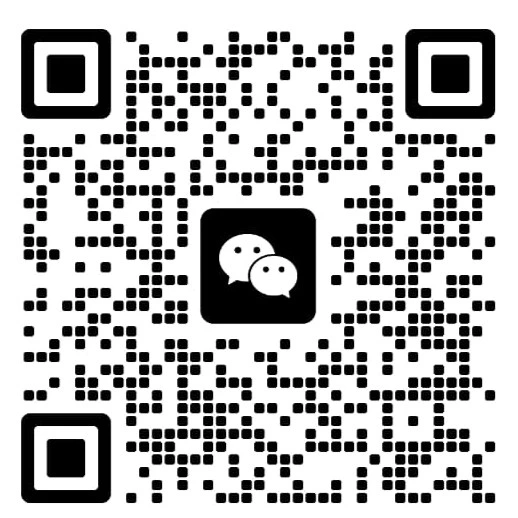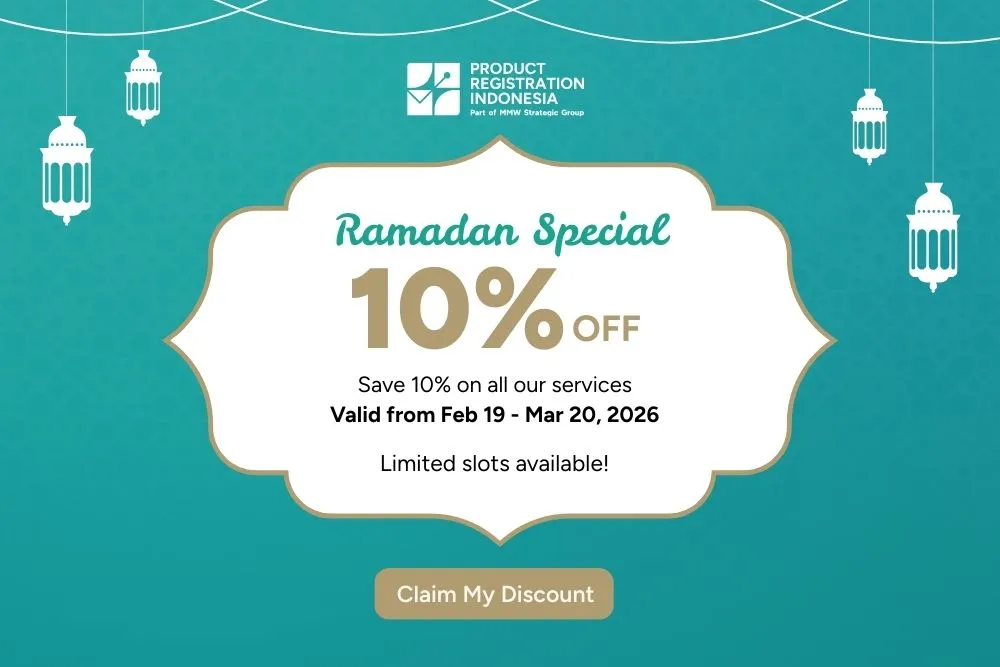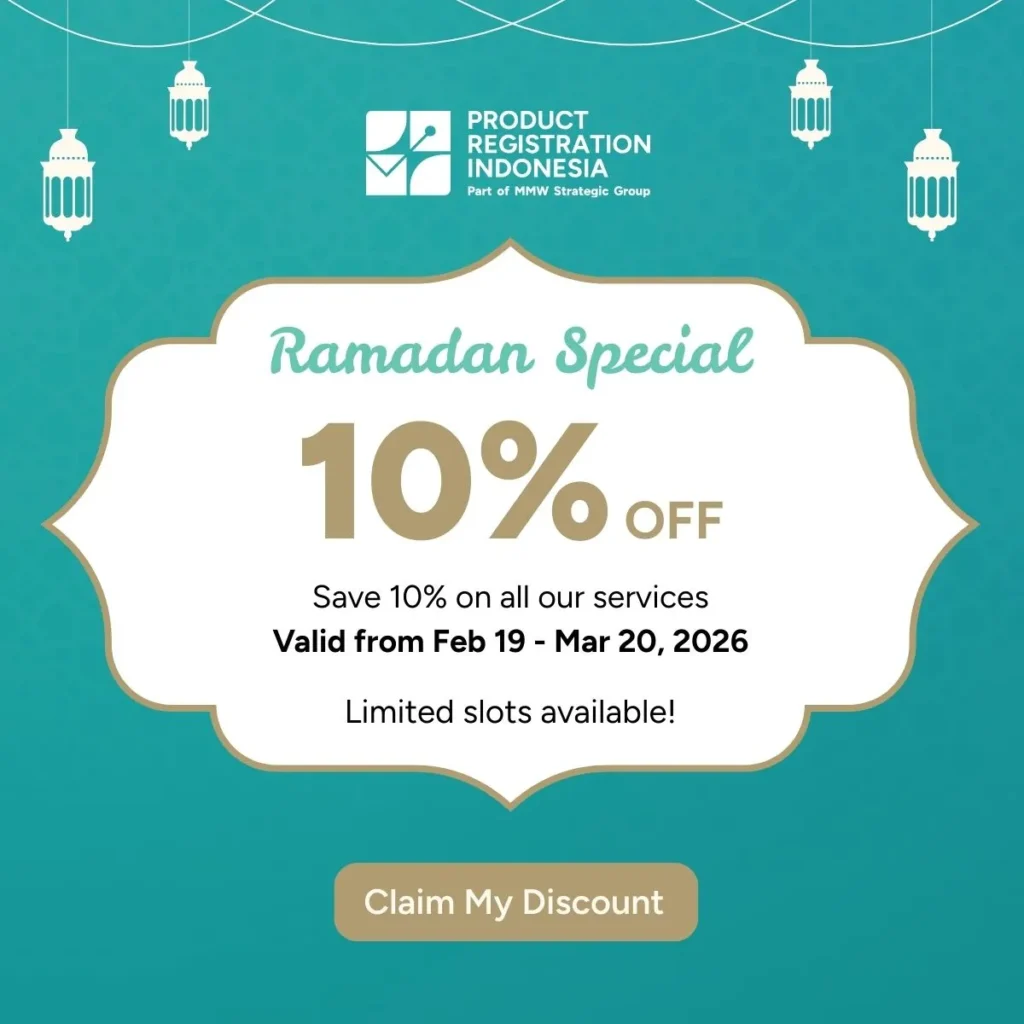Obtaining BPOM certification for cosmetics, food and beverages, food supplements, or household products in Indonesia is a crucial step for businesses looking to distribute their products within the country legally. This process involves several key stages, from preparation to submission, and culminates with reviewing and issuing the BPOM certification. In this guide, we’ll break down each stage of the BPOM certification process, provide typical timeframes, discuss common challenges, and offer tips to facilitate a smoother registration process.
Preparation Stage
The journey towards BPOM certification begins with a critical preparation phase. Businesses must gather all necessary documentation and align product information to meet BPOM’s requirements. This initial step is crucial as it sets the foundation for a smooth certification process. To begin, businesses must create a business entity account on the BPOM website.
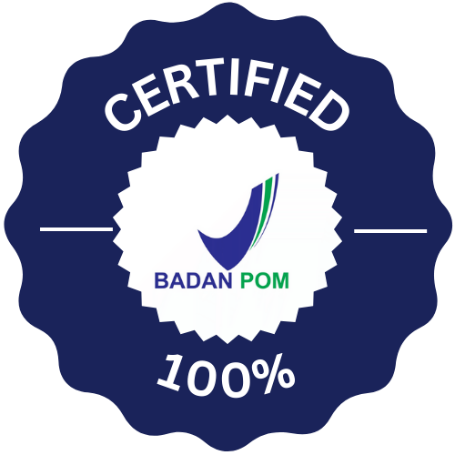
Pharmaceuticals and Dietary Supplements
The journey towards obtaining BPOM certification for pharmaceuticals and dietary supplements begins with a thorough preparation phase. This stage is crucial as it involves gathering the necessary documentation and aligning all product information to meet BPOM’s stringent requirements. For pharmaceutical companies, the first step is to create a business entity account on the BPOM website, which will be the main platform for managing all notifications and submissions related to product registrations. This account setup requires essential documents such as a Business Identification Number (NIB), a copy of the company leader’s identity, and a Taxpayer Identification Number (NPWP). These requirements ensure that BPOM can verify the legitimacy of the business entity applying for the certification. The preparation stage can take 7 to 14 working days, depending on whether the applicant is a pharmaceutical company or an individual. A common challenge at this stage is ensuring all documents are complete and correctly formatted according to BPOM’s guidelines. Discrepancies can lead to delays, making a careful review of each document a critical step.
Food and Beverages
The BPOM certification process begins with a similar preparation stage for food and beverage products. Businesses must set up a company account on the BPOM portal and prepare necessary documents such as NIB, NPWP, and proof of business registration. This ensures compliance with BPOM standards, including verifying the business’s legitimacy and the food products’ safety and quality. The preparation phase is crucial in aligning all product details to meet BPOM requirements, including nutrition information, shelf life, and compliance with labeling standards. Delays often occur due to incomplete or improperly formatted documentation, which can be mitigated by thoroughly reviewing these documents before submission.
Cosmetics
The BPOM certification process for cosmetics involves a slightly different preparation phase. Similar to other sectors, companies must establish a business entity account on the BPOM website. However, the specific documents required may include a GMP (Good Manufacturing Practice) certificate, safety assessments, and formulations of the cosmetic products. These documents are crucial as they ensure the safety, quality, and efficacy of the cosmetic products sold in Indonesia. The preparation stage for cosmetics can also be time-consuming, often taking 7 to 14 working days, depending on the completeness of the submitted documents. Common challenges include inadequate safety data or improperly formatted product formulations, which can lead to delays in the certification process.
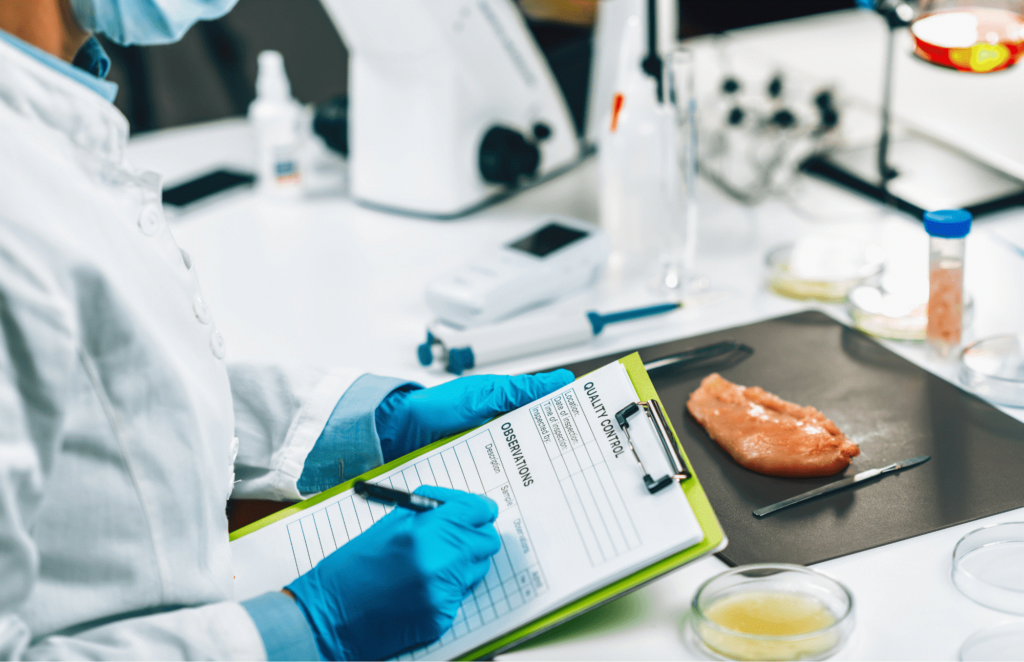
Household Products
Household products also require a preparation phase for BPOM certification. Companies must establish a business entity account and provide the necessary documents, which may include NIB, NPWP, and safety assessments specific to household products. These documents ensure compliance with BPOM regulations covering safety standards and product quality. The preparation phase can be challenging, as household products often need specific safety data and detailed formulations to pass BPOM’s scrutiny. This stage can take up to 7 to 14 working days, depending on the completeness and accuracy of the documents submitted. Common issues include missing safety data or improperly formatted documentation, which can cause delays.
Submission Stage
After completing the preparation stage, the next step in the BPOM certification process is submission. This stage involves uploading all the required documents and information to the BPOM website.
Pharmaceuticals and Dietary Supplements
In the submission stage for pharmaceuticals and dietary supplements, the process involves submitting detailed product information through the BPOM portal after the business entity account has been successfully created. This stage requires pharmaceutical companies to provide comprehensive product details, including active ingredients, intended therapeutic effects, dosage forms, and usage instructions. Additionally, safety data, stability studies, and manufacturing process details must be included to comply with BPOM’s stringent health and safety standards. The review process by BPOM ensures that the pharmaceutical products meet the necessary requirements for approval. If the submitted information meets BPOM’s criteria, the product will receive a distribution permit notification number valid for 3 years. If the BPOM review requests additional clarifications due to unclear or insufficient data, the application is marked as “Confirmed,” requiring the company to provide more detailed information. In cases where the product fails to meet BPOM standards, the application is rejected, and the pharmaceutical company must address the identified deficiencies before reapplying. The typical review timeframe for pharmaceutical products is about 14 working days, but it may vary based on the complexity of the submission.
Food and Beverages
For food and beverage products, the submission stage involves a similar process where businesses must submit detailed product information through the BPOM portal after setting up their entity account. This stage requires comprehensive details such as the product composition, nutritional information, intended use, and packaging details. Additionally, safety data, including microbiological tests, heavy metal analysis, and chemical content evaluations, must be included to meet BPOM’s health and safety standards. The review process by BPOM assesses these details to ensure compliance with regulations. Products that meet BPOM’s standards receive a distribution permit notification number, valid for 3 years. If the BPOM review requires additional clarifications due to unclear or insufficient data, the application is marked as “Confirmed,” necessitating further submission of documentation.
Cosmetics
The cosmetics submission stage involves submitting detailed information through the BPOM portal after establishing a business entity account. The application must include data such as the safety and efficacy profile of the ingredients, the product name, the category, and the brand ownership. BPOM reviews this information to ensure the cosmetic product complies with Indonesian health and safety standards. Products that meet BPOM’s criteria receive a distribution permit notification number valid for 3 years. If the review process identifies unclear or insufficient information, BPOM may request additional clarifications, marking the application as “Confirmed.”
Household Products
The submission stage for household products involves providing detailed information through the BPOM portal after establishing a business entity account. Businesses must submit safety assessments, formulation details, intended uses, and packaging information. BPOM reviews this information to ensure compliance with safety standards for household products. If the product meets BPOM’s standards, it receives a distribution permit notification number valid for 3 years.
Submission Stage
Once the business entity account is successfully created and verified, the next step is registering the cosmetic or other products through the BPOM page. During this stage, businesses must provide detailed product information, including ingredients, usage instructions, and intended market. The registration process involves submitting a notification application for each product category, which BPOM then reviews.
For cosmetic products, the application must include details such as the safety and efficacy profile of the ingredients, the product name, its category, and the brand ownership. BPOM reviews this information to ensure that the product complies with the health and safety standards set by Indonesian regulations. This review process is crucial for determining the product’s approval status: Approved, Confirmed, or Rejected.
- Approved: If the product information meets BPOM’s standards, the business receives a cosmetic distribution permit notification number that is valid for 3 years.
- Confirmed: BPOM may request additional clarification if the product details are unclear or if more information regarding the product’s safety or efficacy is needed.
- Rejected: If the product fails to meet BPOM’s requirements, the application is rejected, and the business must address the deficiencies before reapplying.
The typical timeframe for BPOM to review and approve or request clarifications for a cosmetic product is about 14 working days. However, fragrance products are reviewed more quickly within 3 working days. Businesses should be prepared for this review timeline and plan their product launch accordingly to avoid delays.
Review and Issuance Stage
After submitting and reviewing product notifications, BPOM will approve or request additional documentation. This stage is crucial as it determines whether the product can legally enter the Indonesian market. If BPOM requests clarification, the business must respond within 14 days with the required supporting documents. Commonly requested clarifications include additional safety data, efficacy studies, or revised product labeling information.
Once BPOM is satisfied with the submitted information, the product notification will be approved, and BPOM will issue a cosmetic distribution permit notification number. This notification is marked with an N followed by a letter (A, B, C, D, or E) indicating the continent of origin and followed by a series of digits representing the country, year, product type, and notification sequence number. For example, NX(A/B/C/D/E) 12345678901.
The issuance of this certification typically takes around 3 working days after the product receives an “Approved” status. Businesses should keep in mind the certification’s expiration date, which is valid for 3 years. Renewal of the notification must be submitted at least 30 days before the expiration date to avoid any lapse in certification.
Common Challenges and Tips for a Smoother Registration Process
While crucial for market entry in Indonesia, the BPOM certification process can be complex and time-consuming. Businesses often encounter several common challenges that can cause delays in the registration process. Understanding and being prepared for these challenges can help smooth the journey toward BPOM certification.
Common Challenges
- Incomplete Documentation: One of the most frequent issues is submitting incomplete or incorrect documents. Businesses should ensure that all documents are properly prepared and adhere to BPOM’s requirements to avoid delays.
- Clarification Requests: BPOM may request additional information after the initial submission, particularly for products with unclear safety or efficacy profiles. Responding promptly and adequately to these requests is crucial.
- Language Requirements: All documents submitted to BPOM must be in Indonesian. Businesses should ensure that translations are done correctly to avoid delays in the approval process.
- Changing Regulations: BPOM regulations can change, affecting product categories, labeling requirements, and other compliance standards. Keeping up-to-date with these changes is important for avoiding compliance issues.
Tips for a Smoother Registration Process
- Thoroughly Prepare Documents: Carefully prepare all required documents before submission. A checklist can be useful to ensure that nothing is overlooked.
- Seek Legal Guidance: Engaging with a legal expert familiar with BPOM regulations can be beneficial, especially for navigating potential pitfalls and ensuring compliance.
- Stay Updated: Regularly check for updates on BPOM regulations and requirements to ensure your products meet the latest standards.
- Maintain Clear Communication: Establish clear lines of communication with BPOM officials throughout the registration process. Being proactive in addressing any concerns can expedite the review process.
Conclusion
Obtaining a BPOM certification for cosmetic products or other categories in Indonesia involves several stages, from initial preparation to the issuance of the notification. Each stage has its requirements and challenges, but with careful planning, thorough documentation, and timely responses to BPOM’s requests, businesses can navigate this process successfully. Understanding the typical timeframes and common challenges and implementing effective strategies can help ensure a smoother registration process, ultimately facilitating the legal distribution of products in Indonesia.
How long does BPOM registration take?
The BPOM registration process typically takes 6 to 8 months, depending on product complexity.
How long is BPOM registration valid?
BPOM registration for cosmetics is valid for three years and can be renewed.
Can I sell cosmetic products without BPOM registration?
No, all cosmetics must be registered with BPOM, whether manufactured locally or imported.
What happens if my BPOM registration expires?
You must renew registration with updated documentation to continue selling in Indonesia.

